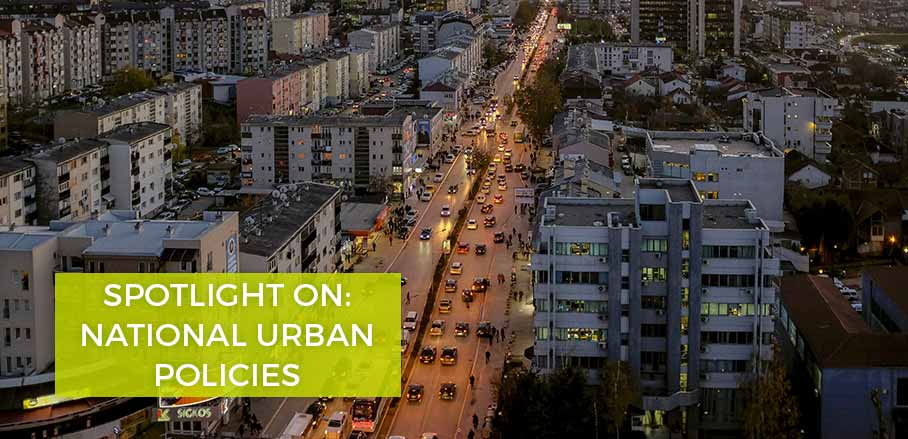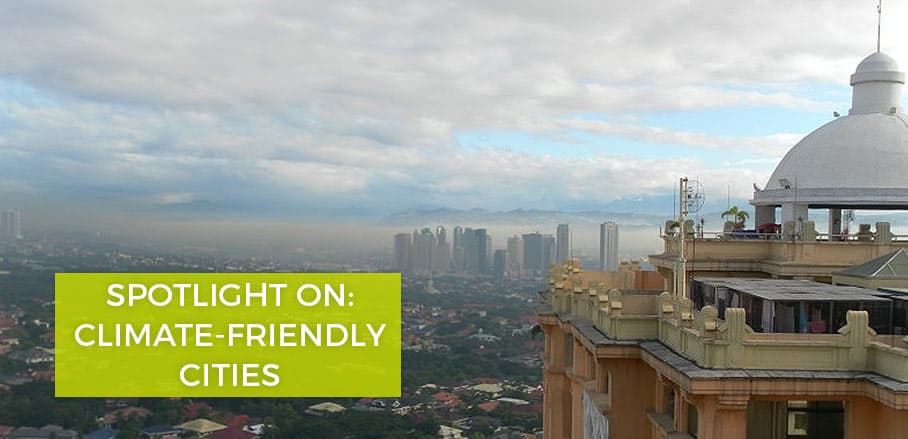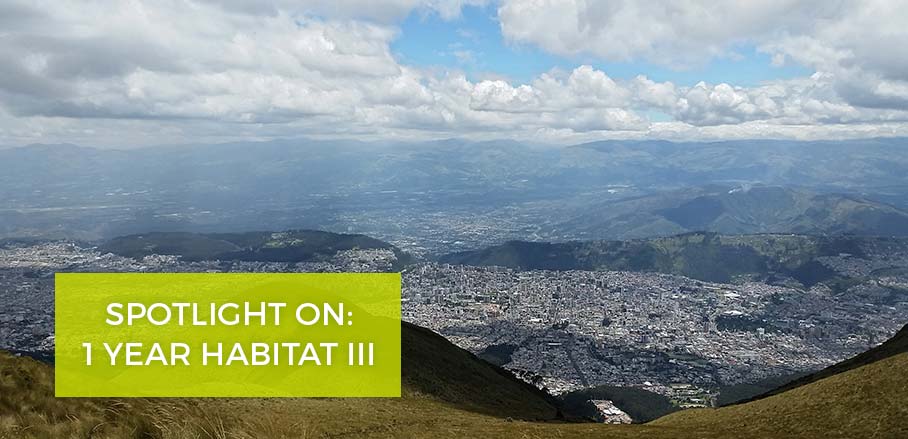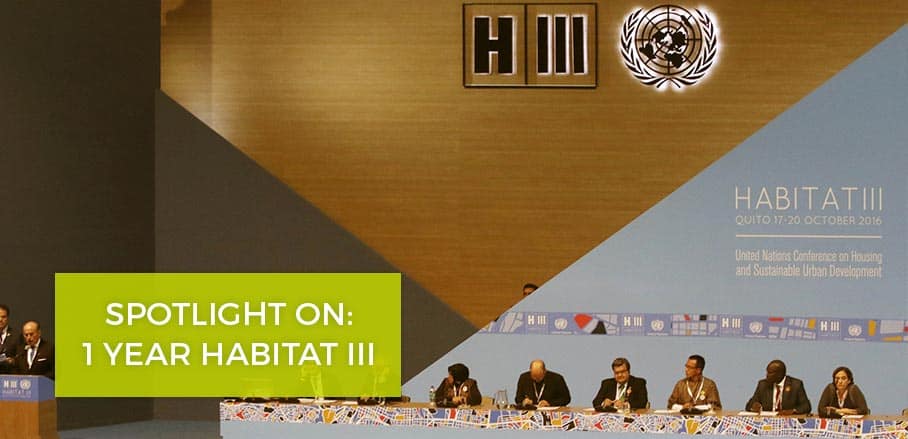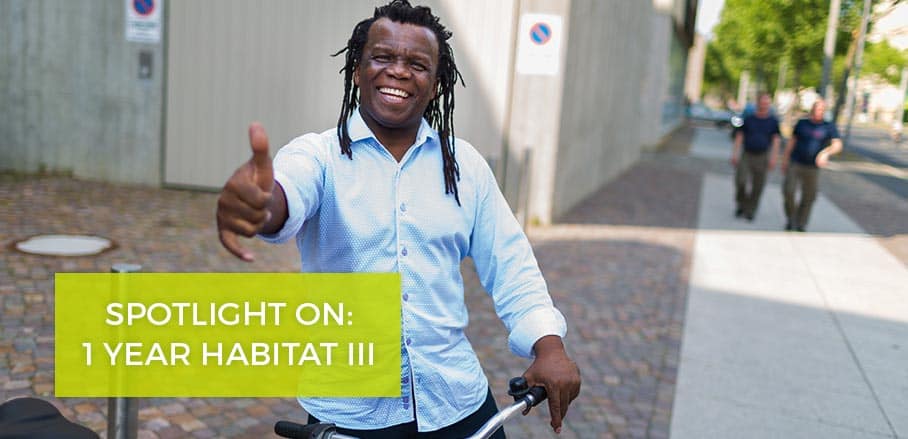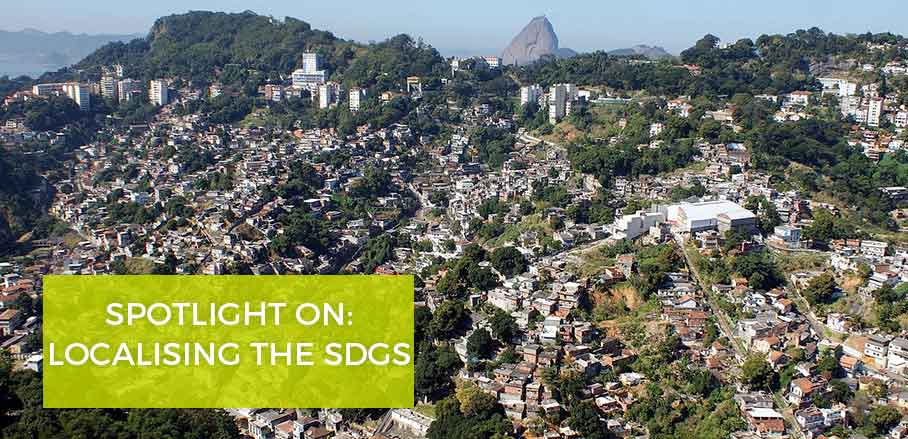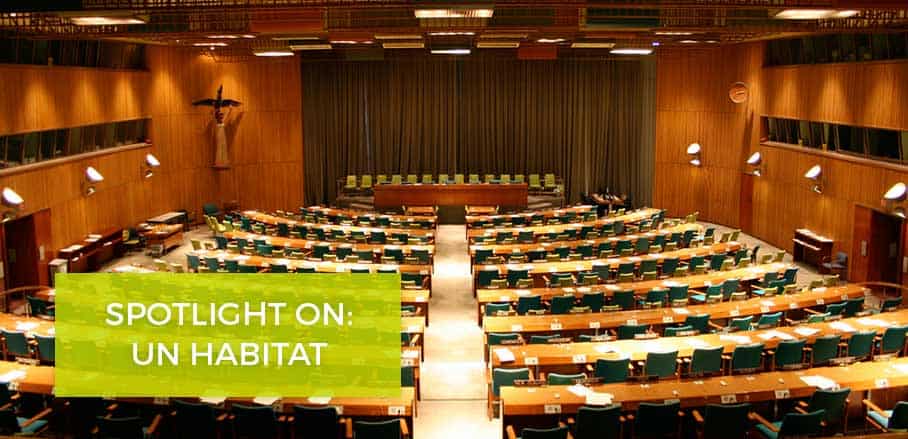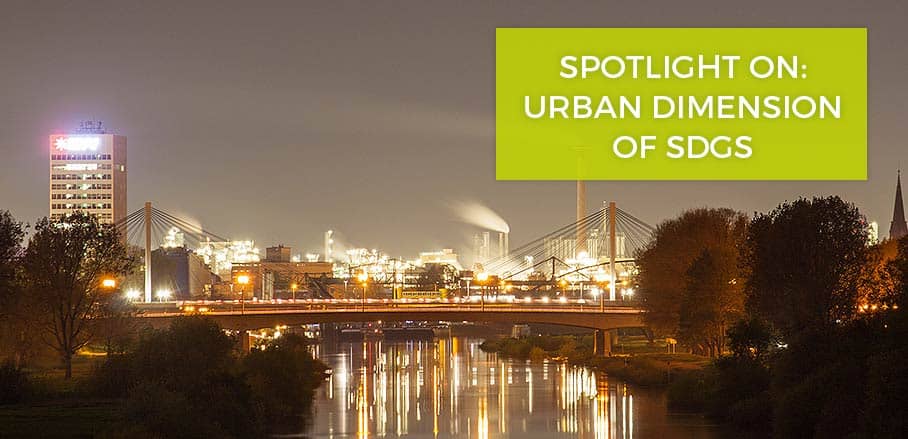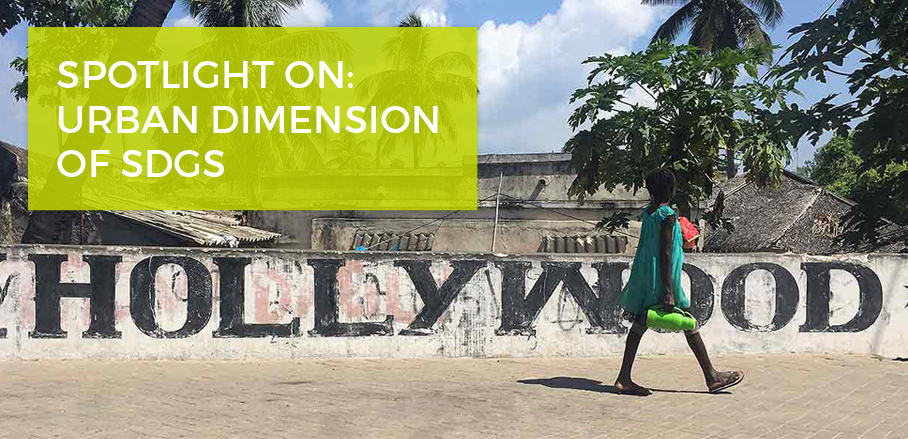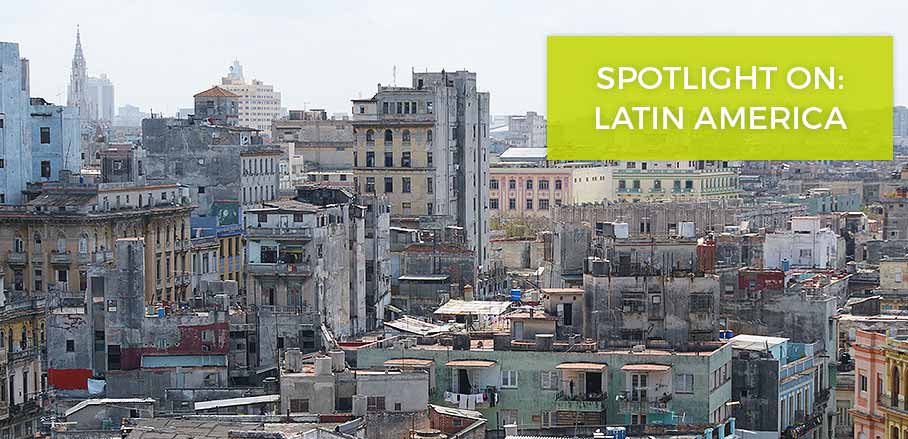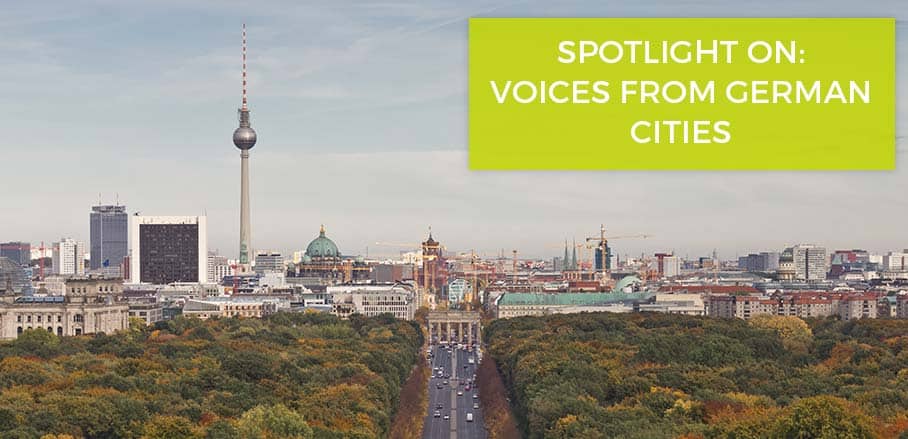More than window dressing? Stakeholders and partnerships in the New Urban Agenda and other UN global agreements on sustainable development
Over the course of seventy years, stakeholders have become increasingly involved in UN processes. Non-state players have taken on advocacy or advisory roles for their specific issues, and have helped shape norms and debates about global concerns. Eugénie L. Birch traces the path that has led to increasing stakeholder engagement and explores its effect on the New Urban Agenda.

